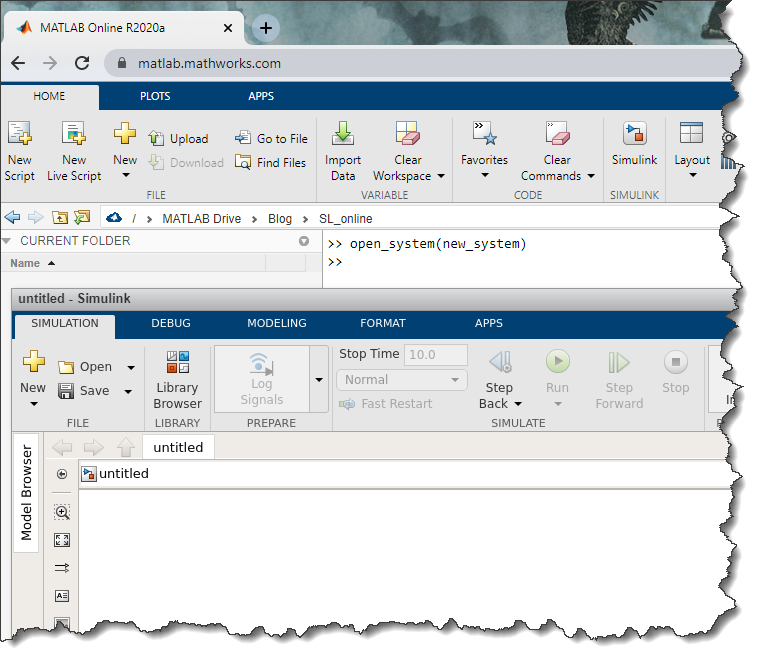
Some argue however, that adopting PM can be ‘ecologically rational’ if animals’ regularly encounter a situation in stochastic environments where PM is sufficient for reaching an immediate or short-term goal 13. As a result, PM behavior is viewed by many as a ‘suboptimal’ or even an ‘irrational’ strategy 8, 9 because of the comparatively lower expected success rate than that of maximizing (see Supplementary Information 1). PM occurs when decision-makers match their choice probabilities to a corresponding outcome probability (matching) rather than always choosing the outcome with the highest probability (maximizing) 6, 7. We suggest that switching costs driven by the stochasticity of an environmental niche can potentially represent an important selection pressure associated with decision-making that may play a key role in driving the evolution of complex cognition in animals.Ī general principle of choice in decision-making called probability matching (PM) 4 has long been identified in animals, including humans 5. Furthermore, our data suggest that more stochastic environments may promote reward learning through significantly less switching.

Instead, budgerigars followed a learning strategy based on reward history, which potentially benefits individuals indirectly from paying lower switching costs. Surprisingly, budgerigars did not get more rewards than would be predicted when adopting a WSLS strategy, and their decisions also exhibited PM.

Here we address this problem using a combination of behavioral and theoretical approaches, and show, that although a simple Win-Stay-Loss-Shift (WSLS) strategy can generate PM in binary-choice tasks theoretically, budgerigars ( Melopsittacus undulates) actually apply a range of sub-tactics more often when they are expected to make more accurate decisions. Little is known about how environmental stochasticity may influence the switching time of these different decision-making strategies. A principle of choice in animal decision-making named probability matching (PM) has long been detected in animals, and can arise from different decision-making strategies.


 0 kommentar(er)
0 kommentar(er)
